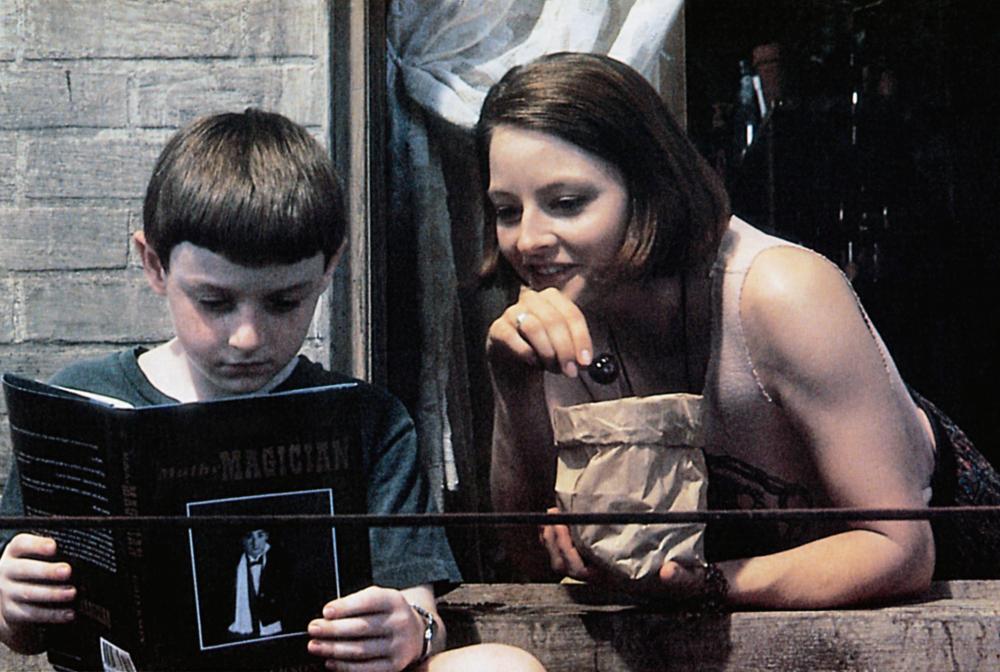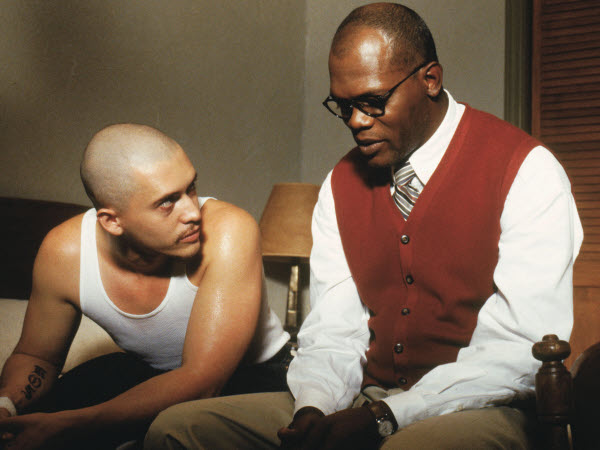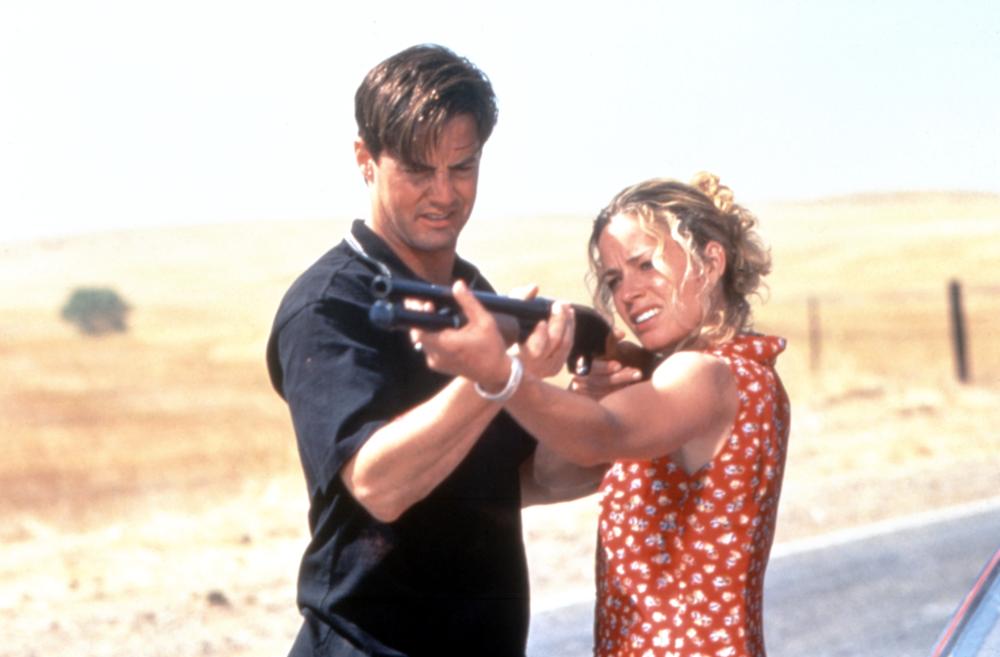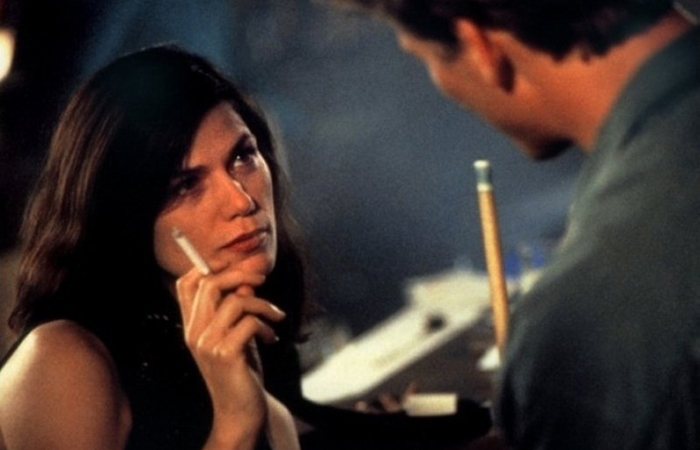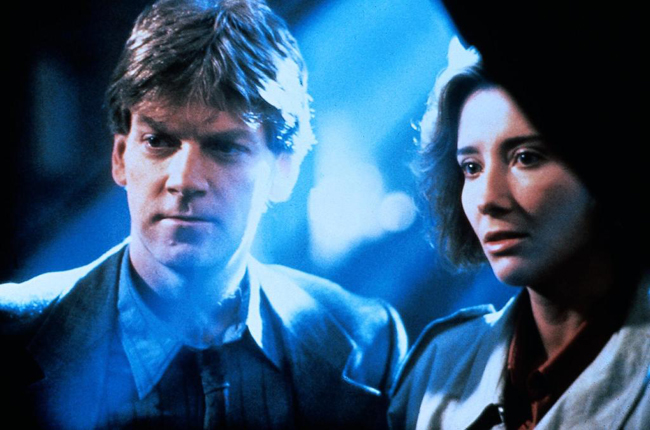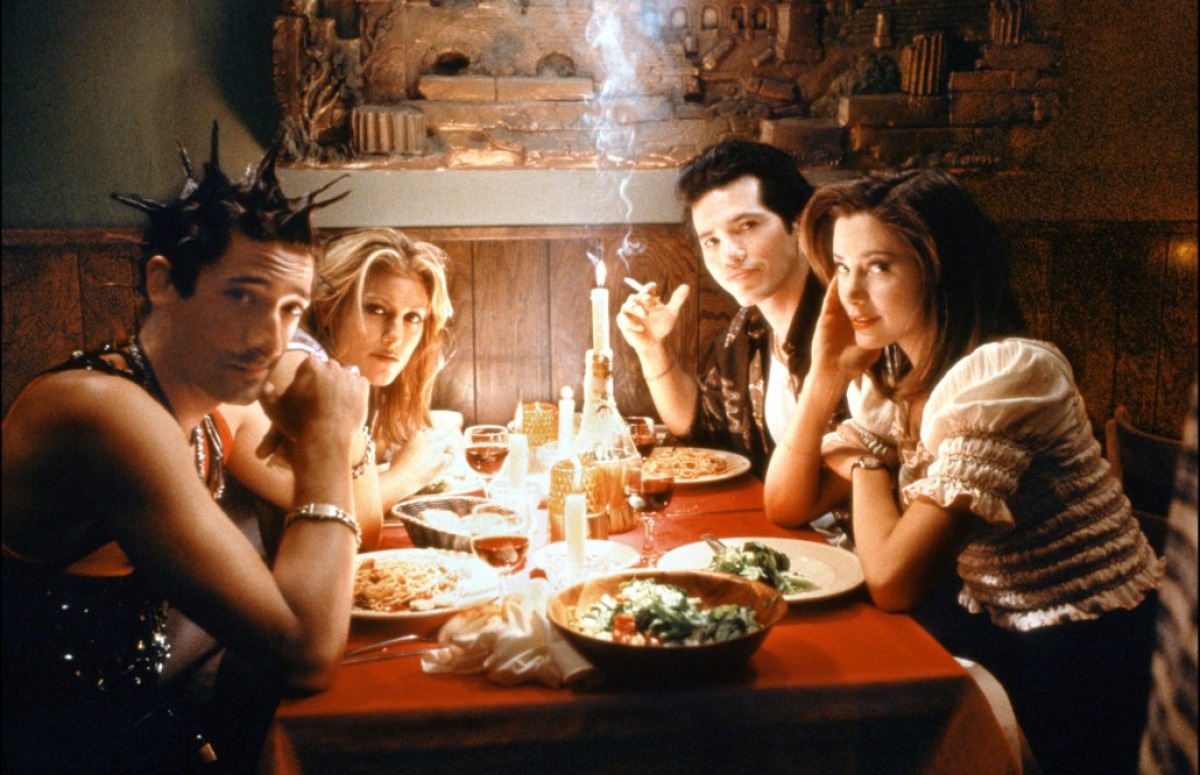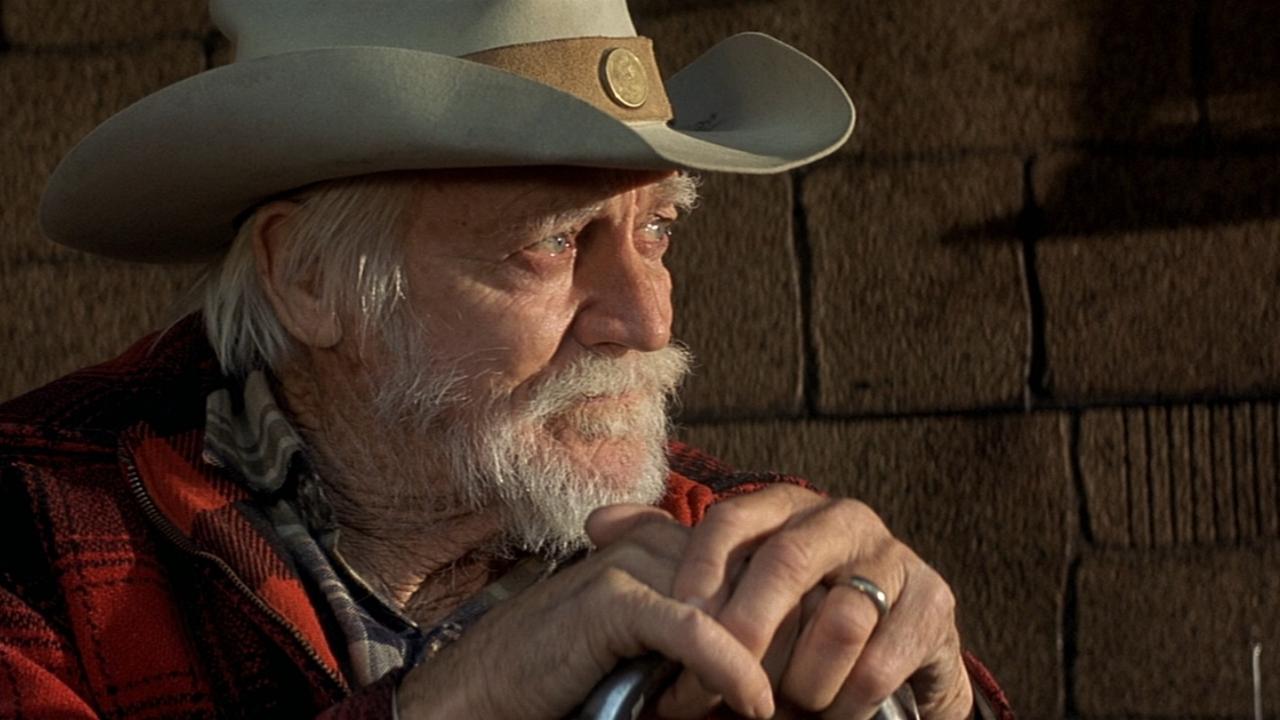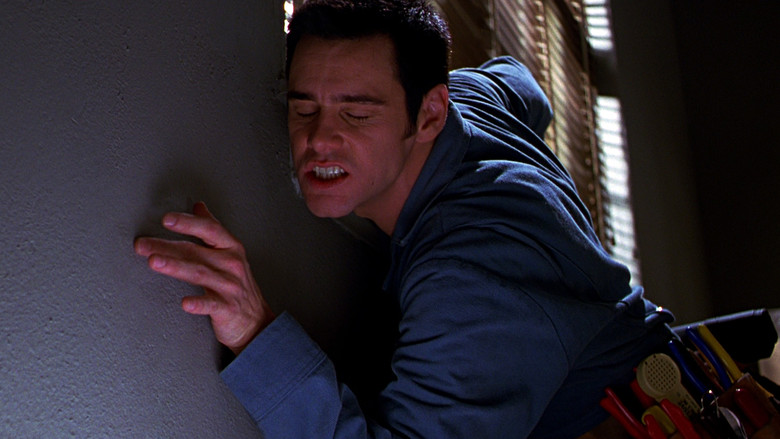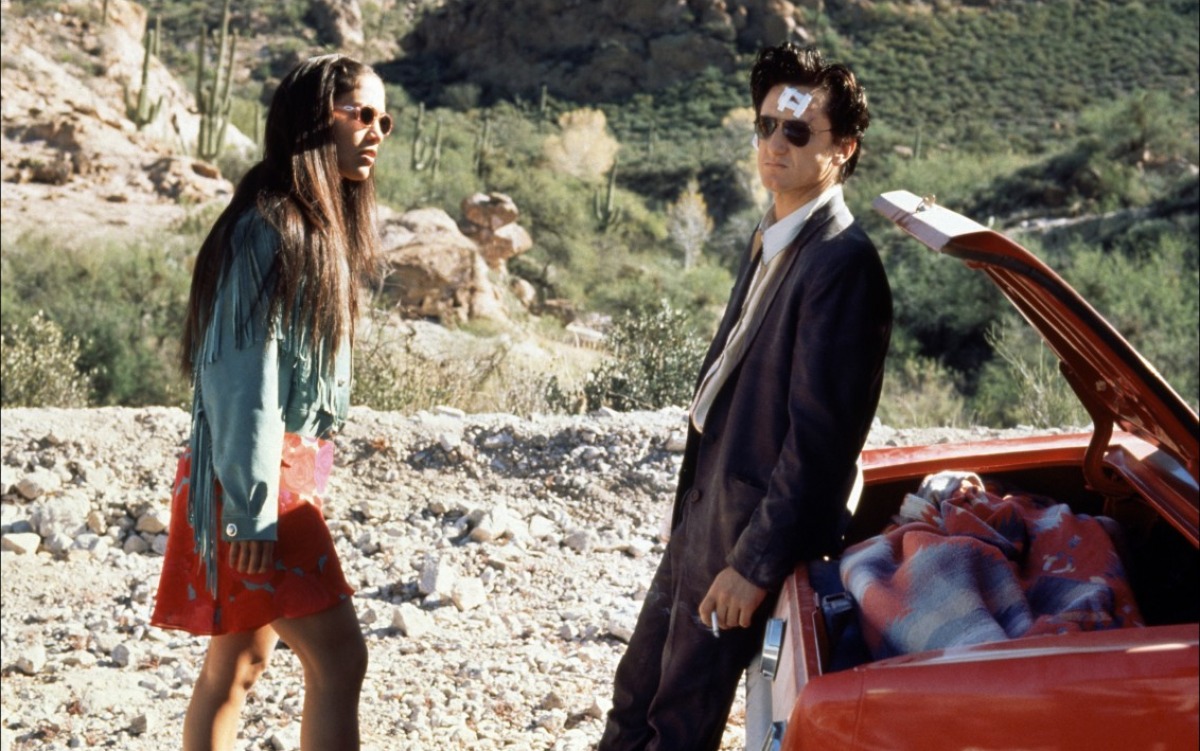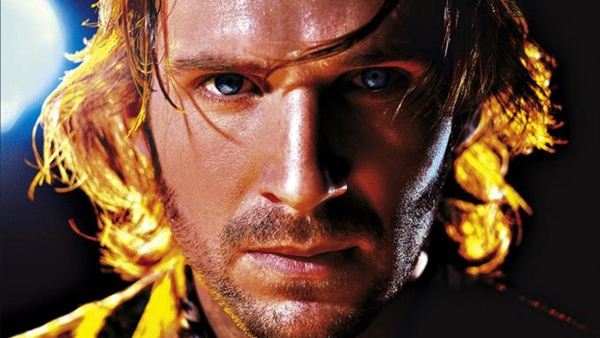
Whether your opinion is positive or negative towards it, there is no denying that the 1990’s were, at the very least, an interesting time for American movies. Audiences were cynical and hip enough to buy into the cool Tarantino style that bridged the indie and the mainstream world in film forever. But they also wanted to escape and be reminded that there was as much goodness in the world as there were chocolates in Forrest Gump’s candy box.
The 1990’s were a mixed bag for American movies. Some films got their due, some were overrated to the point of absurdity, but many others were simply forgotten and quickly written off after a poor opening box office weekend and/or mixed reviews.
The 1990’s had all kinds of movies with all levels of successes. Hollywood blockbusters like Bad Boys continued to prevail, and yet art house unknowns like Jane Campion were also given their moments to shine in the limelight for films like The Piano.
Many films, like Fight Club or Twin Peaks: Fire Walk With Me, were hated upon their initial release, but were then given their praises years later when, after years of repeat viewings on video, the most sophisticated filmgoers could finally pinpoint their merits.
Carrying over from the 1980’s, the 1990’s had a surplus of films. Too many were being made to keep up with, and therefore, many of the most quality ones are now forgotten. With current films today, this issue is at least ten times as severe.
The films on this list from the 1990’s don’t represent films that got their dues five or ten years later. These films are the orphans, the abandoned heroes, the films that maybe got some recognition and even some awards at the time of their release, but then wound up being forgotten by most of us.
These are the lost films of the nineties, a decade that was so bloated on its own narcissism and cynicism that it’s no surprise to recognize so much quality work falling through the cracks.
30. Little Man Tate (1991)
Jodie Foster’s directorial debut is an eccentric film about a child genius and the tensions that arise between his protective mother (Foster) and the director (Diane Wiest) of a gifted children’s program who wants to nurture his gifts.
The central character, played with a spot-on alienated innocence by Adam Hann-Byrd, is a terrific case study: a child so overwhelmed by his own gifts that he struggles to connect with anyone. Foster and Wiest are both predictably superb and entertaining as the two polar opposite maternal personalities in his life.
29. One Eight Seven (1997)
Samuel L. Jackson does raw and heart wrenching work in One Eight Seven, which was directed by the underrated and unlucky Kevin Reynolds. Equal parts style and substance, One Eight Seven was one of the first major Hollywood films to tackle the subject of in-school violence that was starting to become the norm in the nineties. It makes films like Dangerous Minds and Lean On Me seem like child’s play.
28. Clay Pigeons (1998)
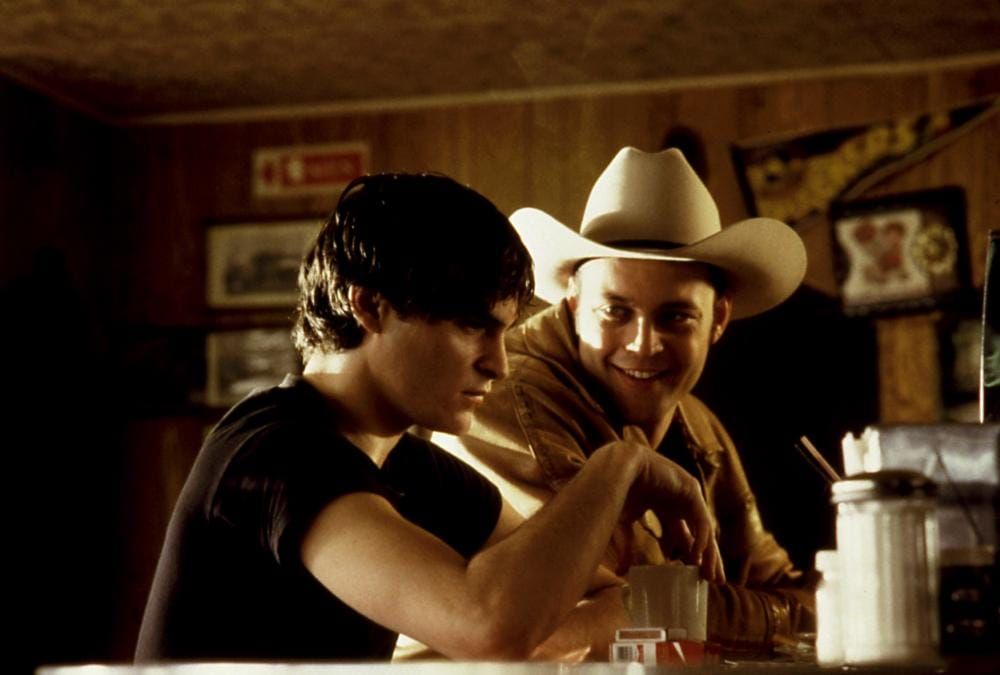
If nothing else, Clay Pigeons is one of the best reminders of how interesting, charismatic, and off the wall Vince Vaughn has the potential to be when he has interesting material to chew on (which was the case for the first few years of his career, not so much for the last fifteen or so).
It’s also a very fun, quirky dark comedy/ film noir/ thriller that keeps you involved from beginning to end. Joaquin Phoenix and Janeane Garofalo both deliver strong performances, as well, but it’s Vaughn’s dangerous charisma as the film’s central antagonist that steals the show.
27. The Trigger Effect (1996)
Jurassic Park and Carlito’s Way screenwriter David Koepp’s directorial debut is a fascinating sociological study of how quickly society can crumble without the technology it so heavily relies upon.
Kyle MacLachlan, Elisabeth Shue, and Dermont Mulroney (all in top form) star as friends trapped in an inexplicable and massive power outage, and it’s only a matter of time before the animals inside everyone make the world a very chaotic and unsafe place. Expertly paced and executed, The Trigger Effect is a tight, effective thriller that also puts some fairly profound ideas in your head.
26. The Last Seduction (1994)
Director John Dahl’s follow up to the cult success of Red Rock West went largely unnoticed at the time of its release, in spite of a good deal of critical support.
Just as great of an example of (at the time) “modern noir” as Red Rock West or any other noir thrillers of its time, The Last Seduction is a deliciously dark tale of bad people doing bad things and getting away with it to everyone’s satisfaction. Linda Fiorentino gives an ice cold, hilarious turn as a sociopathic black widow-like character.
The Last Seduction is also a very important finale to Dahl’s career-starting “noir trilogy”. It completes the territory that Red Rock West and the even more unknown Kill Me Again (starring Val Kilmer) began.
25. Dead Again (1991)
Kenneth Branagh proved he could do more than adapt Shakespeare when he directed and starred (alongside his then-wife Emma Thompson) in this fantastical thriller focusing on past lives and hypnosis.
This was screenwriter Scott Frank’s (who also penned Little Man Tate on this list) first produced feature screenplay, and it is a wholly successful accomplishment that Hitchcock himself would have been proud of. Appreciation for this film seemed to have a strong beginning, but, for whatever reason, has faded over the years.
24. Summer of Sam (1999)
Spike Lee seemed to be simultaneously cursed and blessed in the nineties. Artistically, he had one of the longest winning streaks of any director (From Jungle Fever to Malcolm X to He Got Game and everything in between), but not many audience members other than critics and strict film enthusiasts seemed to be very interested in what he was doing.
As a result, they missed out on films like Summer of Sam, which was Lee’s most exuberant directorial effort since Do The Right Thing. Set in 1971 New York City during the reign of terror caused by the infamous serial killer “Son of Sam”, Summer of Sam is an intricately woven multi-character piece and a stunning sociological examination of fear.
Highly overlooked, only a director of Lee’s talent and stature could successfully accomplish such a layered and emotionally complicated film.
23. The Straight Story (1999)
The most surreal moment of any David Lynch film happens in the opening credits of The Straight Story when they read: “Walt Disney Pictures Presents… A Film By David Lynch”.
While it skips the nightmarish sex and violence soaked style that made Lynch a household name, The Straight Story retains every other “Lynchian” element one can name: small town quirkiness, a childlike and innocent view of the world, a relaxed pace, and a feeling and mood that is indescribable but can found in almost every one of David Lynch’s films.
The story is simple (and based on an endearing true story): Alvin (a career-defining role for Richard Farnsworth) has to get himself to see his ailing brother, and is too old and decrepit to do it any other way than to drive his tractor at a snail’s pace across the country. Sadly underappreciated, The Straight Story, like The Elephant Man, is Lynch at his most accessible while still being perfectly true to himself.
22. The Cable Guy (1996)
This movie was absolutely hated when it came out. The silly Jim Carrey that garnered teenage fans all over the country with Ace Ventura and Dumb and Dumber completely and utterly disappeared into a disturbing, dark comical void in his portrayal of the villainous titular character.
Whatever silliness remained from Carrey’s original work now had a razor sharp edge that highlighted a severely disturbed personality. Director Ben Stiller was at the height of his nineties satire (proceeding his cult following from The Ben Stiller Show) when he delivered what ultimately turned out to be a very intelligent comment on the “t.v. generation”.
Carrey’s fans wanted something else at the time of its release, however, and some of his most daring and original work went underappreciated for years as a result.
21. U-Turn (1997)
Oliver Stone’s darkest film and his only comedy to date, U-Turn is an absurdist nightmare told in Stone’s same hallucinatory fever dream style as Natural Born Killers. Murder, incest, small town corruption, heavy sex, and extreme violence are the key ingredients.
Add in some Coen Brothers-like flair and quirk, a jack-assy but great lead performance by Sean Penn, and a host of supporting characters and actors (Powers Booth, Nick Nolte, Joaquin Phoenix, Claire Danes, Jennifer Lopez), and you have one of the most haywire, original film noirs ever put on film.
